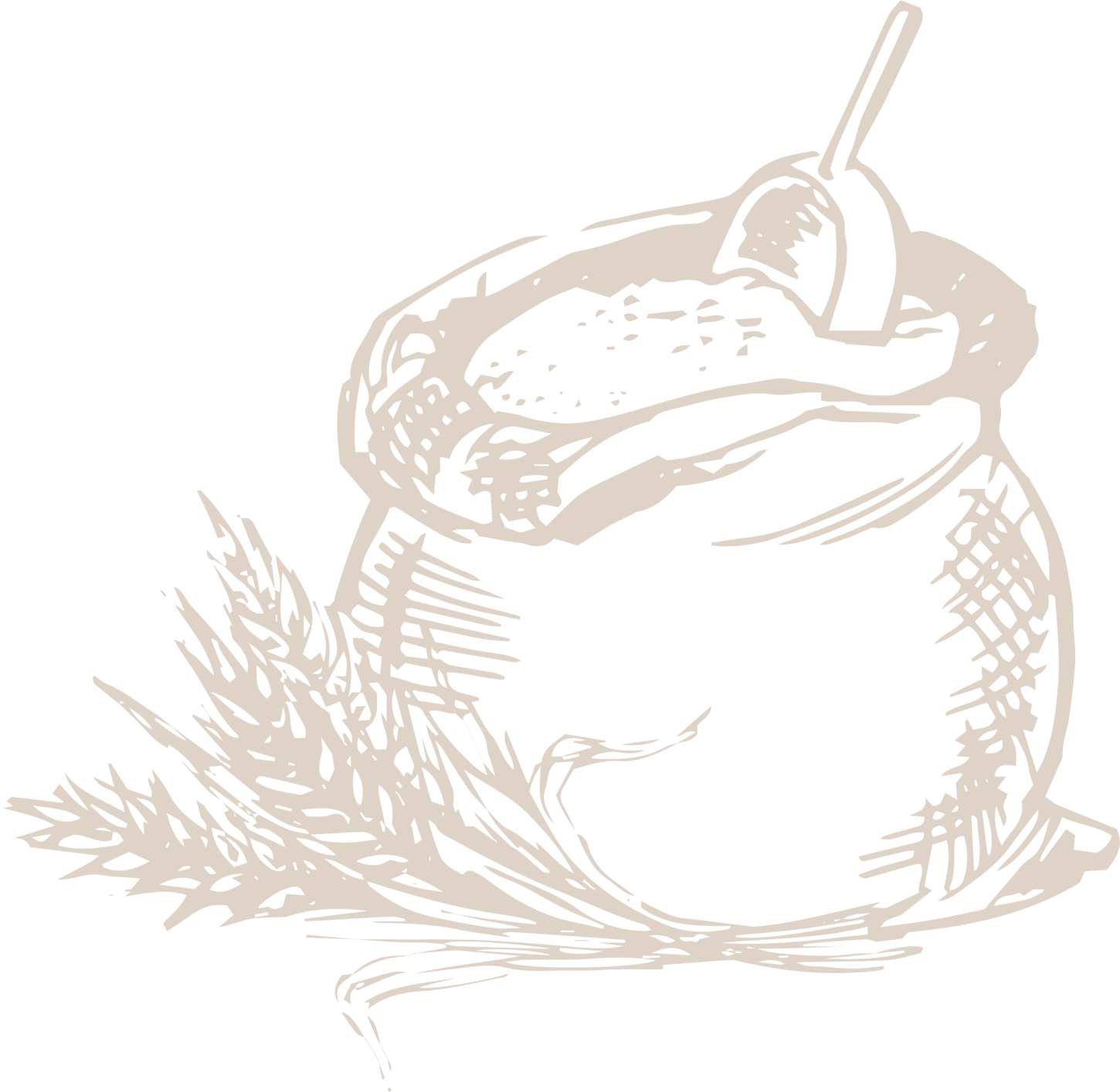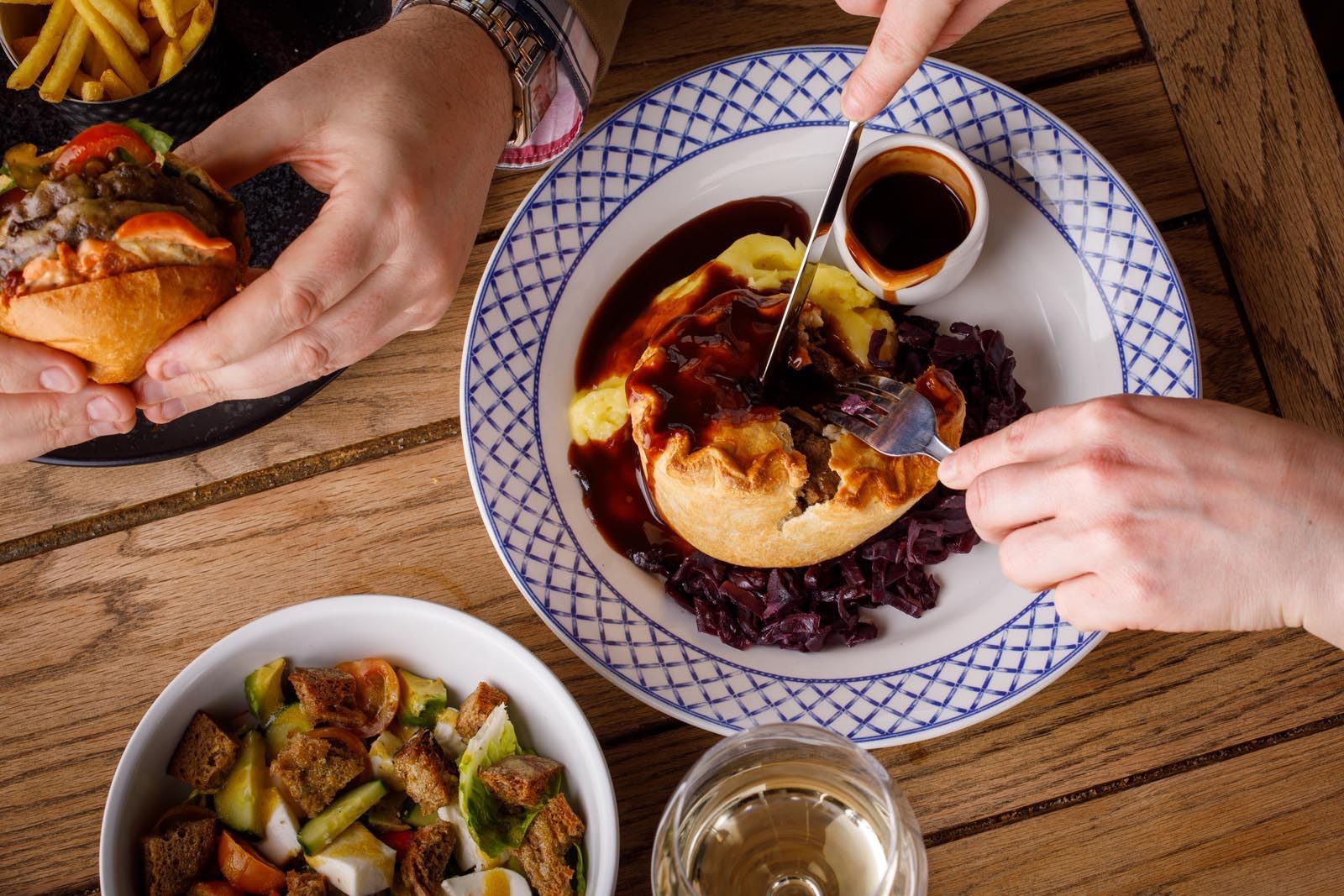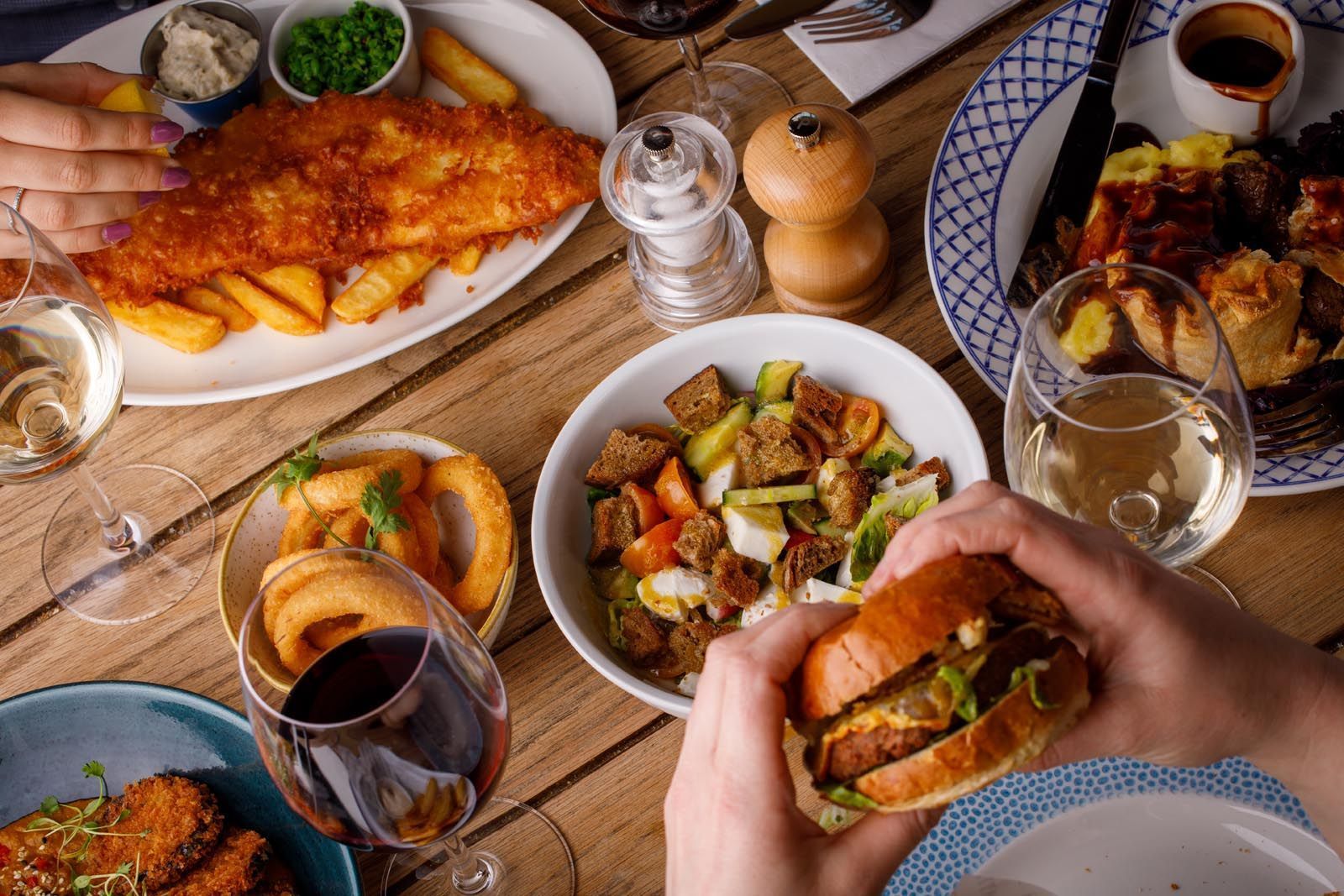An allergen is any normally harmless substance that causes an immediate allergic reaction in a susceptible person. Food allergens are almost always proteins although other food constituents, such as certain additives, are known to have allergenic (allergy-causing) properties.
When you visit one of our pubs please be sure to tell us at the time of booking if you have either a food allergy, intolerance or coeliac disease. This will help us prepare for your visit and ensure we are able to provide you with any relevant information. You can view our menu here and consult our allergen matrix here which will provide you with detailed information on our menus and will tell you if any food we provide contains any of the listed allergens as an ingredient.
Consumers may be allergic or have intolerance to other ingredients, but only the 14 allergens are required to be declared as allergens by food law.
The 14 allergens are: celery, cereals containing gluten (such as wheat, rye, barley, and oats), crustaceans (such as prawns, crabs and lobsters), eggs, fish, lupin, milk, molluscs (such as mussels and oysters), mustard, peanuts, sesame, soybeans, sulphur dioxide and sulphites (if the sulphur dioxide and sulphites are at a concentration of more than ten parts per million) and tree nuts (such as almonds, hazelnuts, walnuts, brazil nuts, cashews, pecans, pistachios and macadamia nuts).
This also applies to additives, processing aids and any other substances which are present in the final product.








